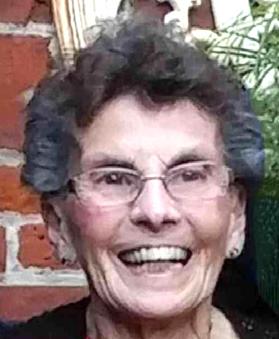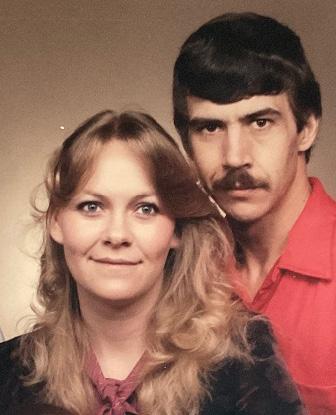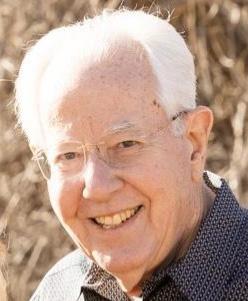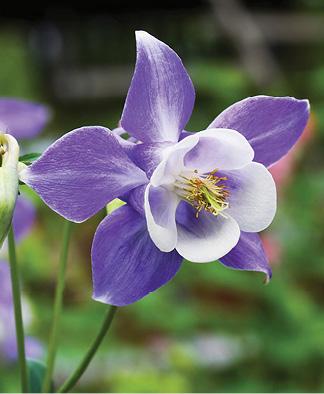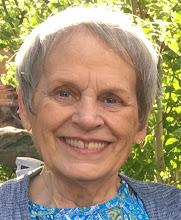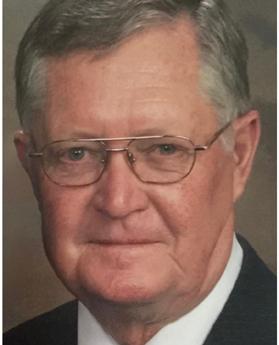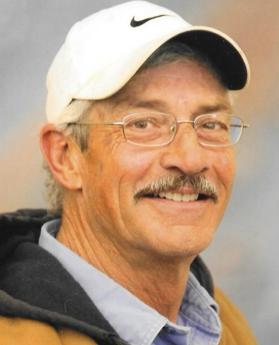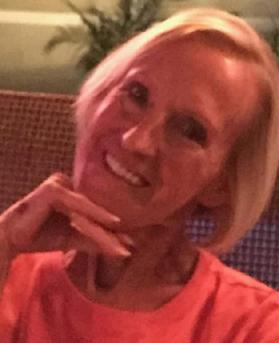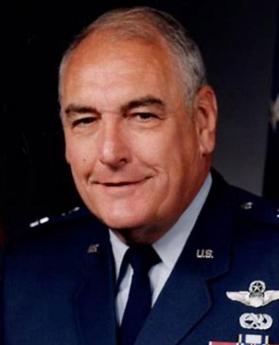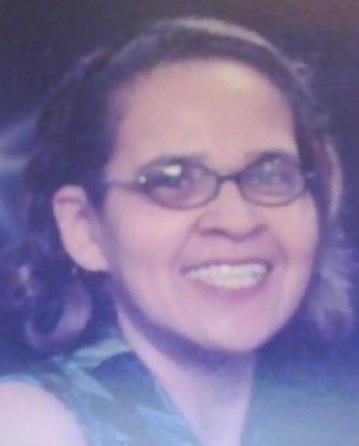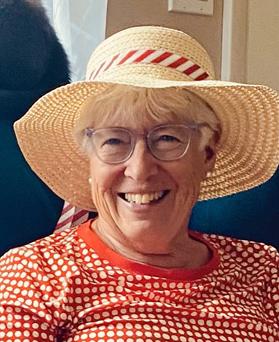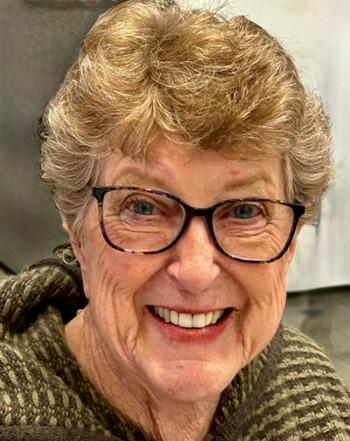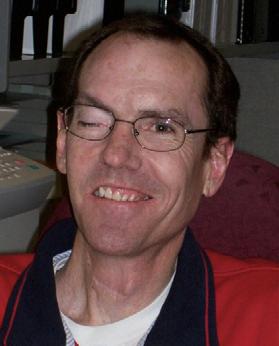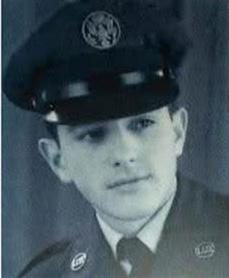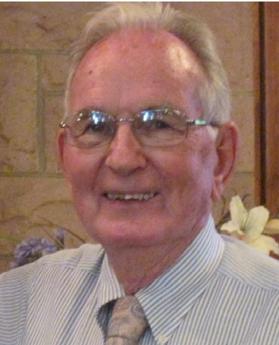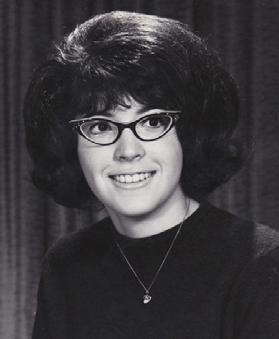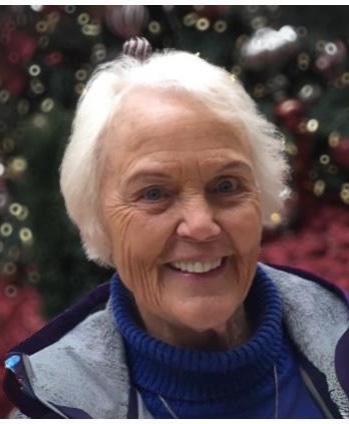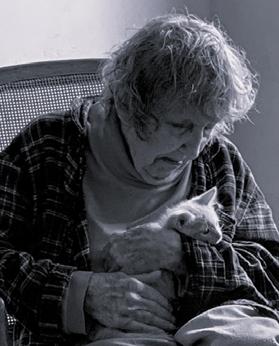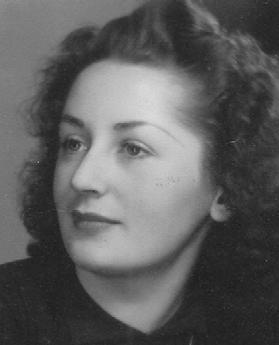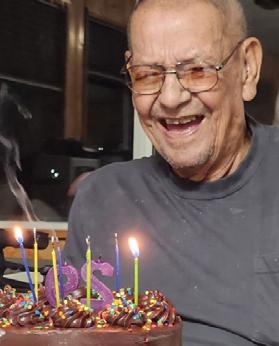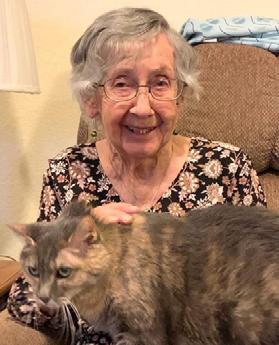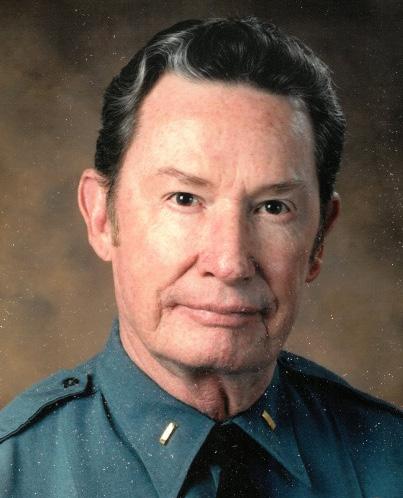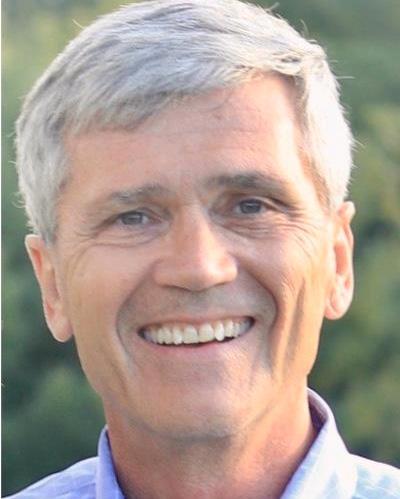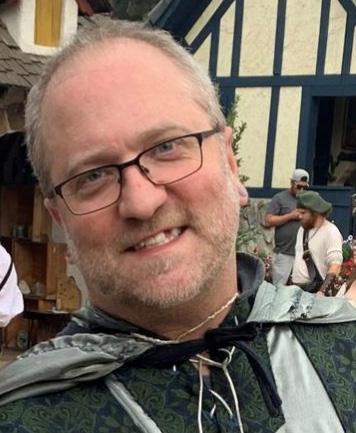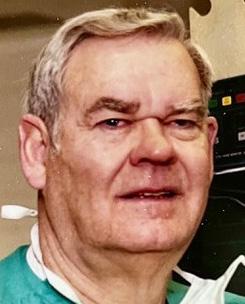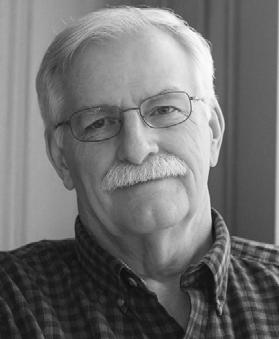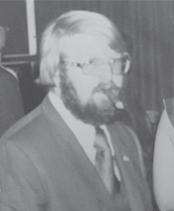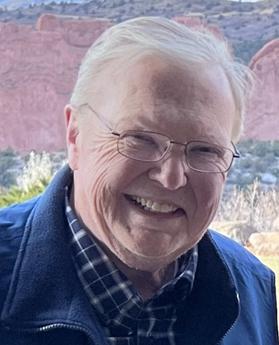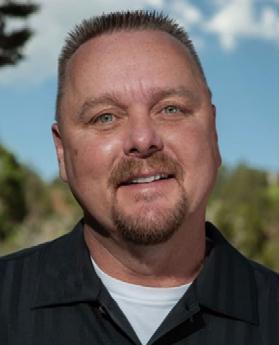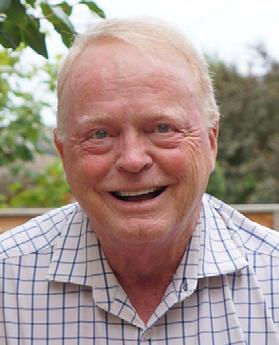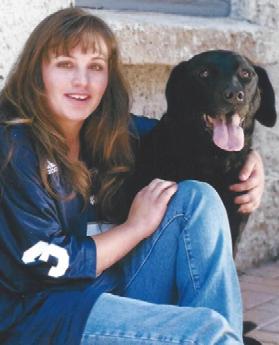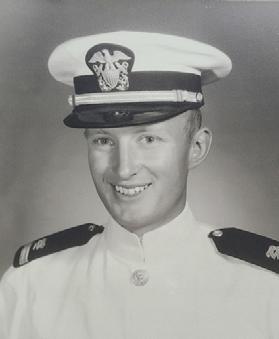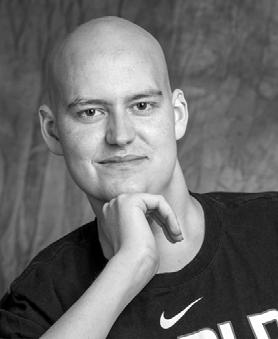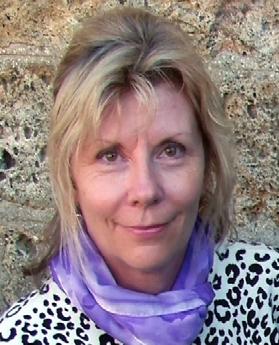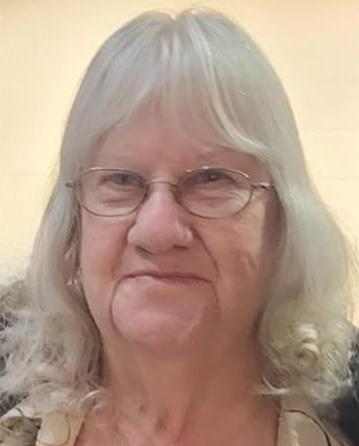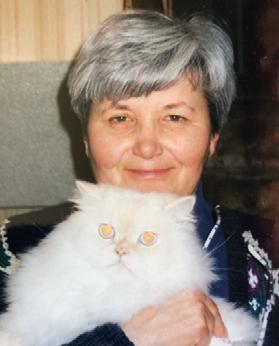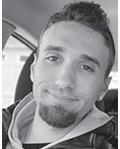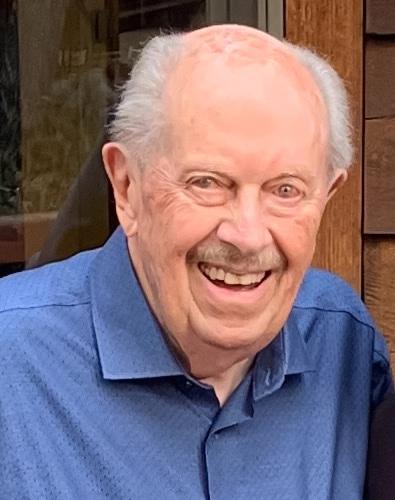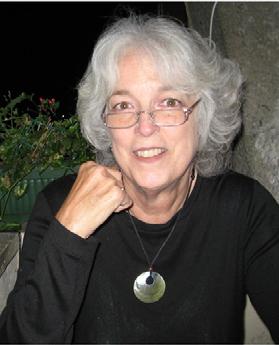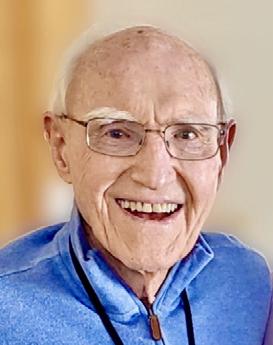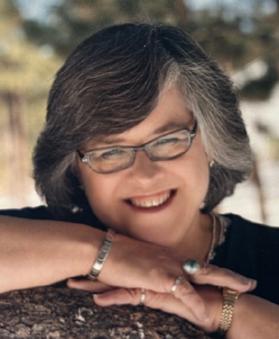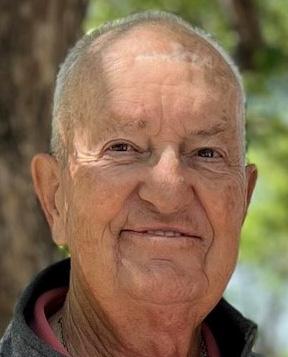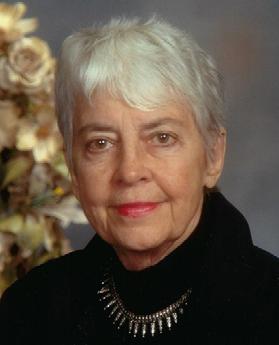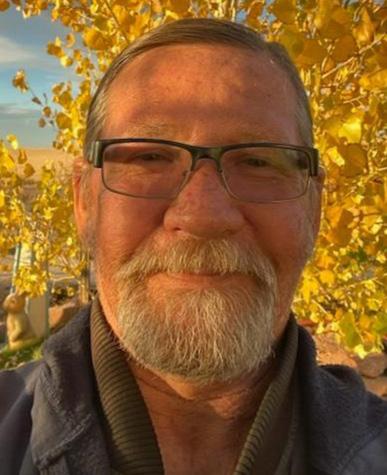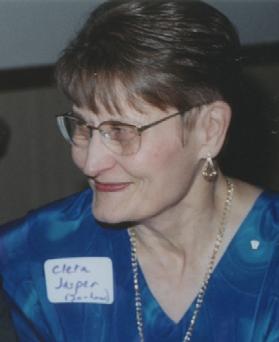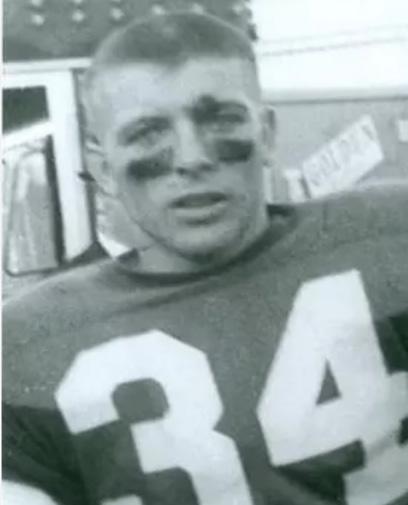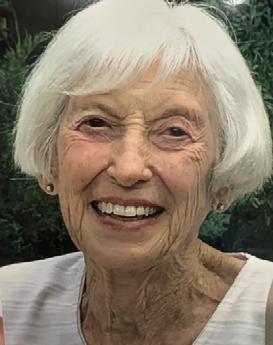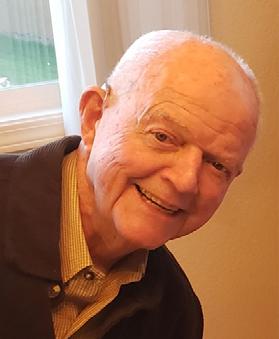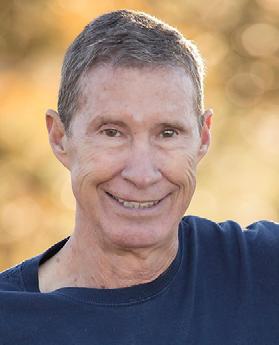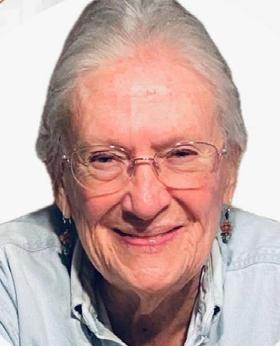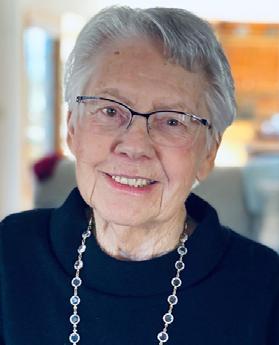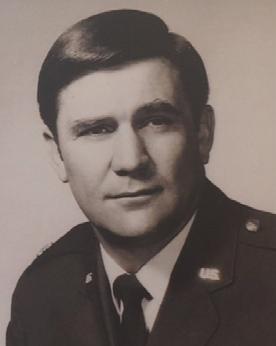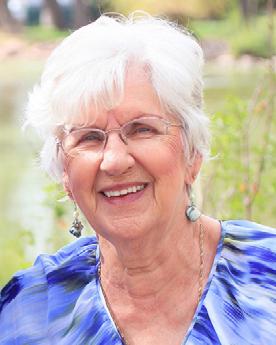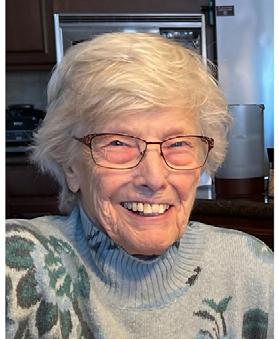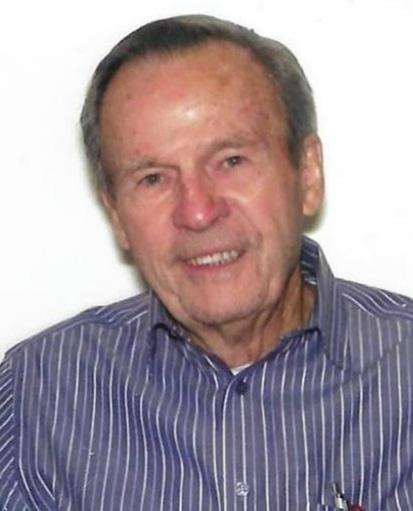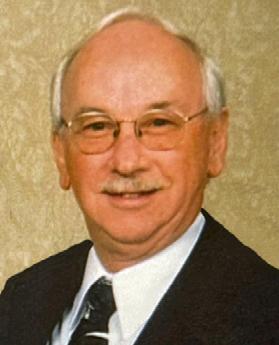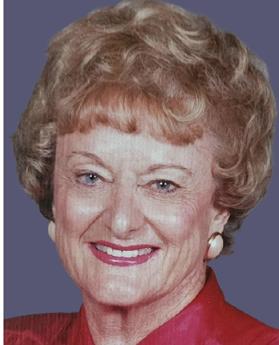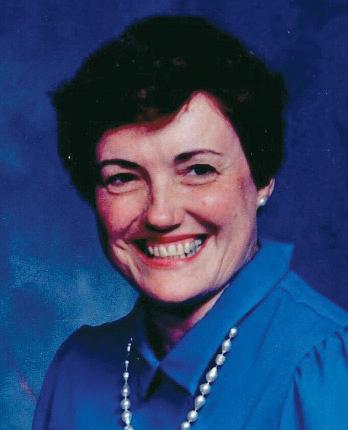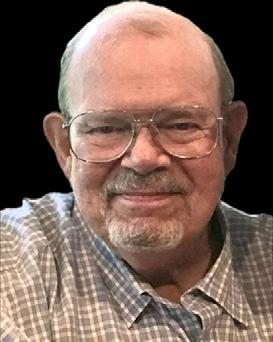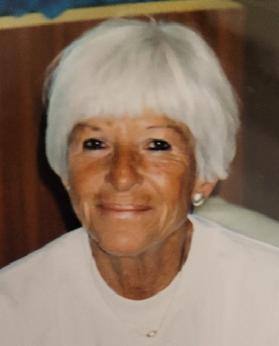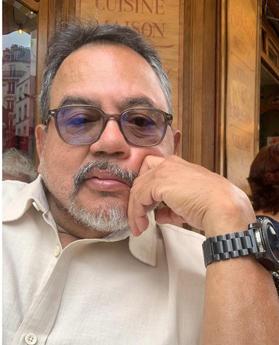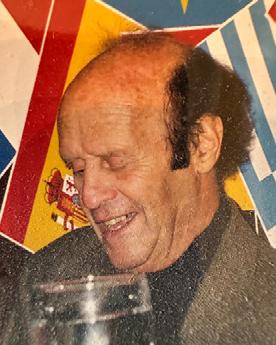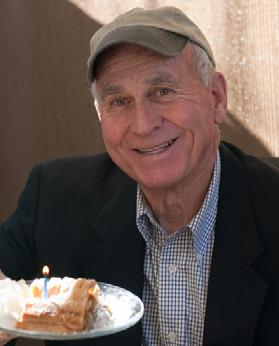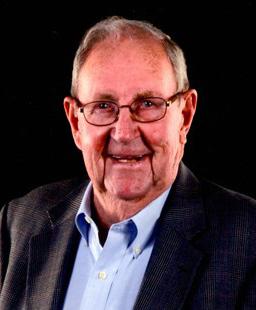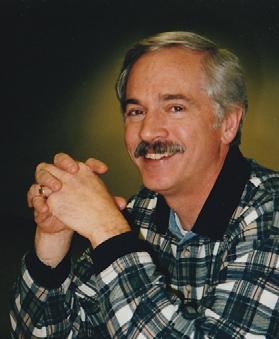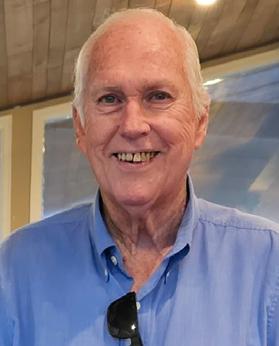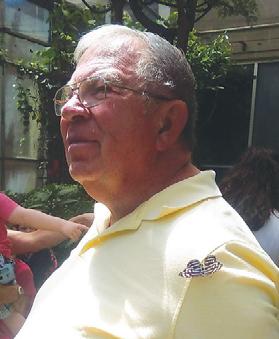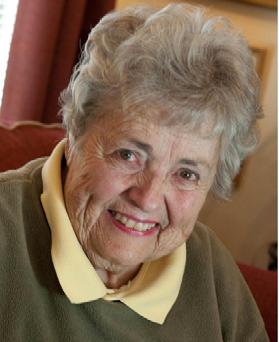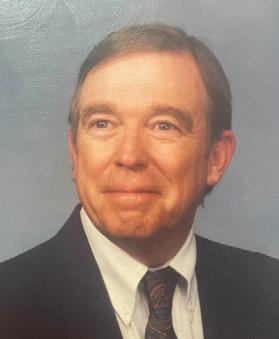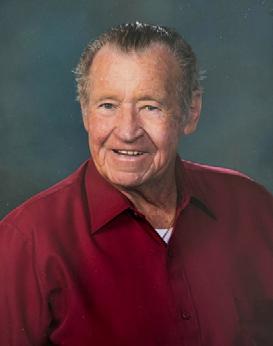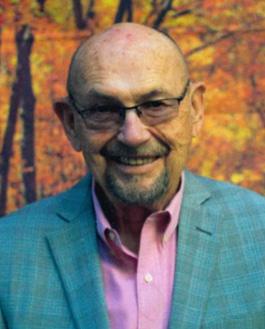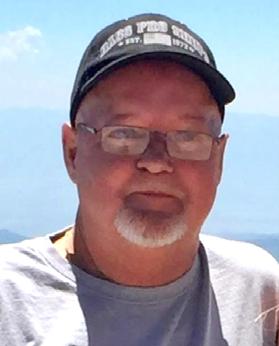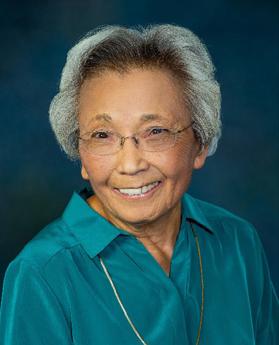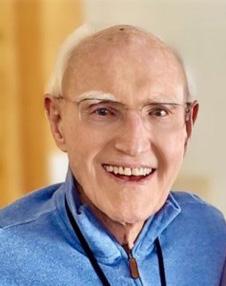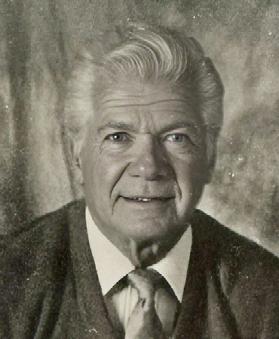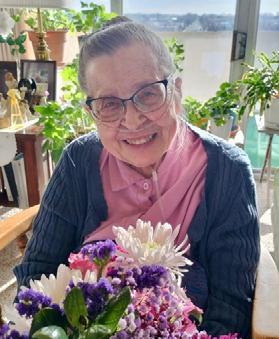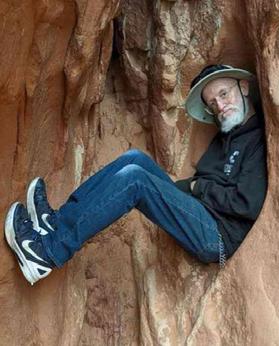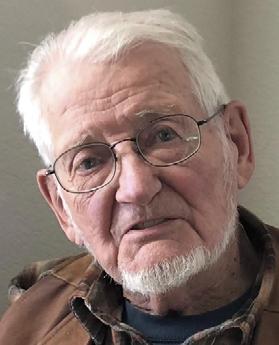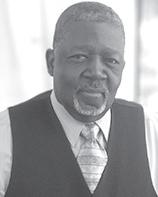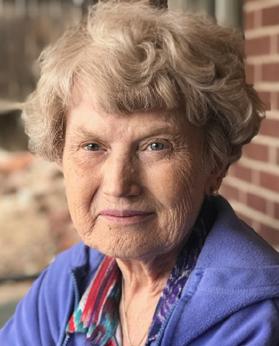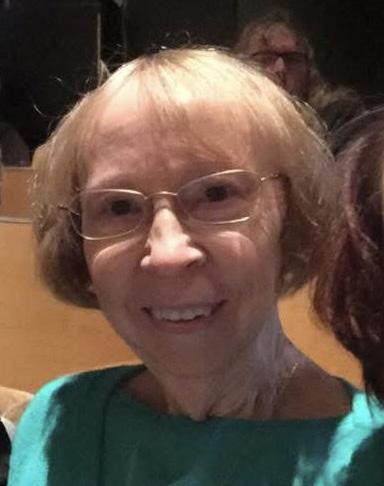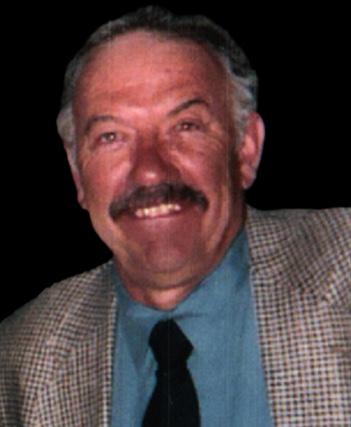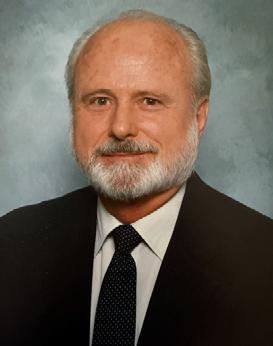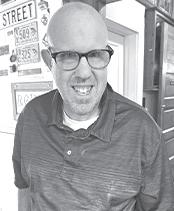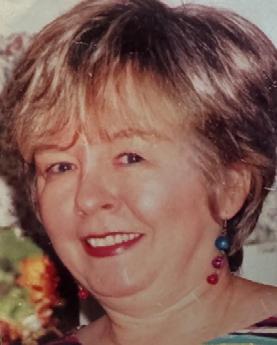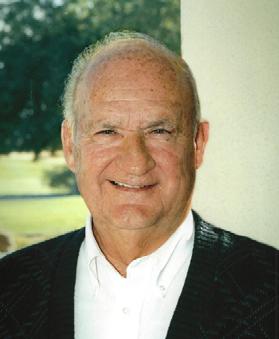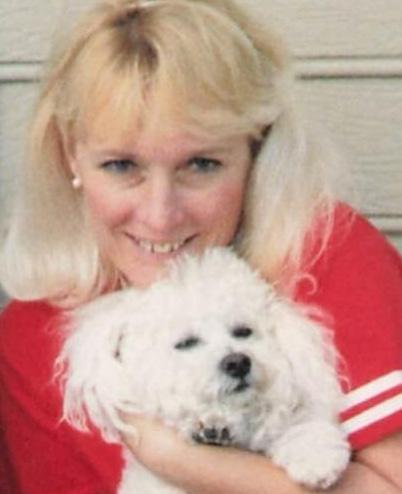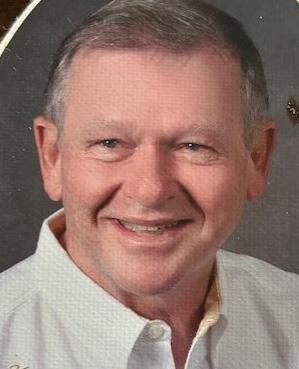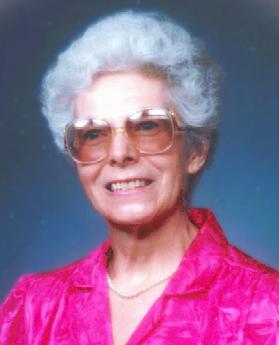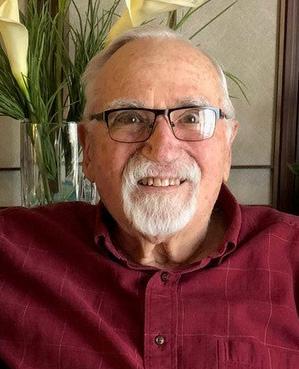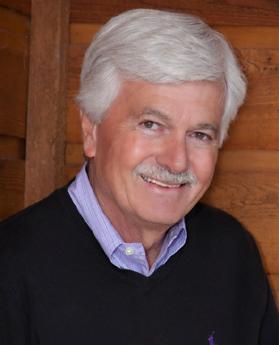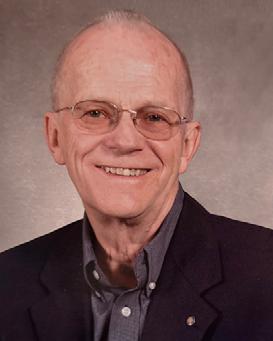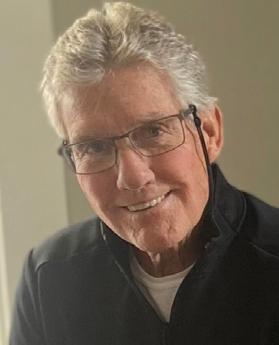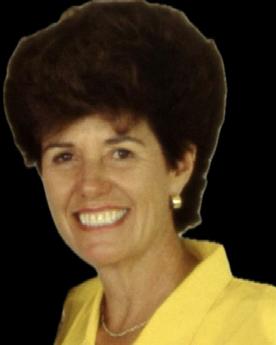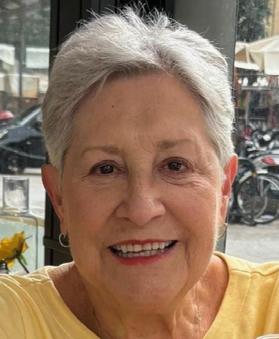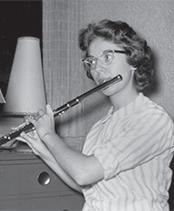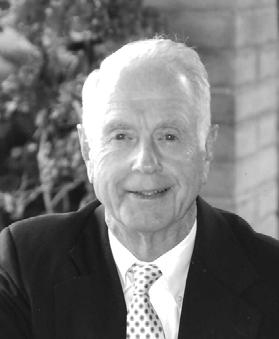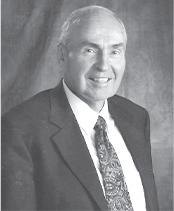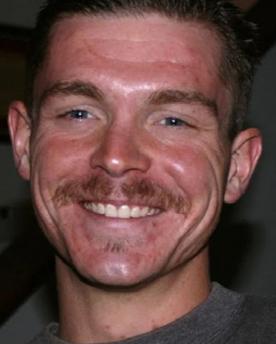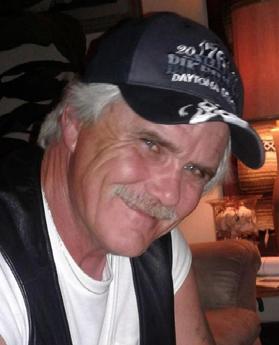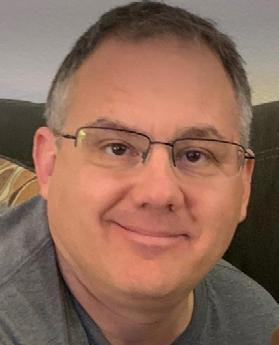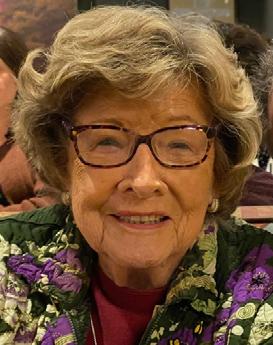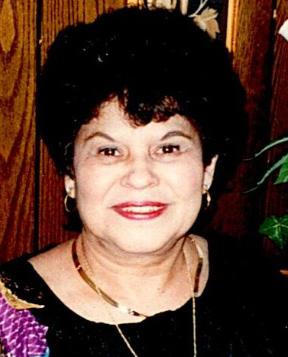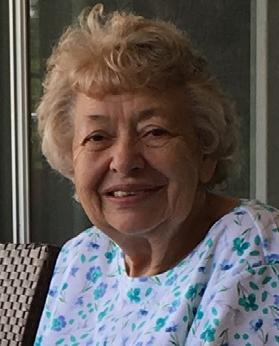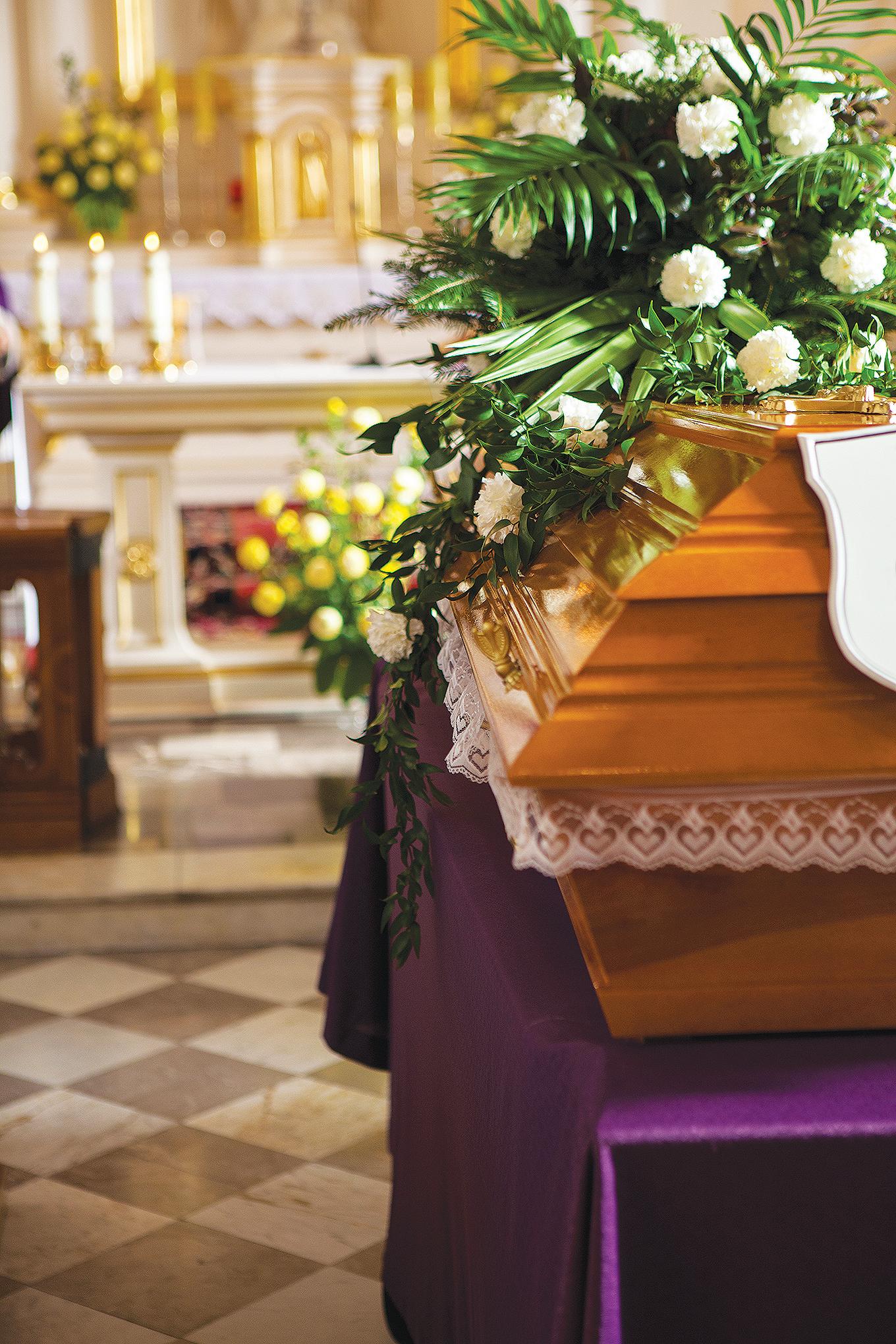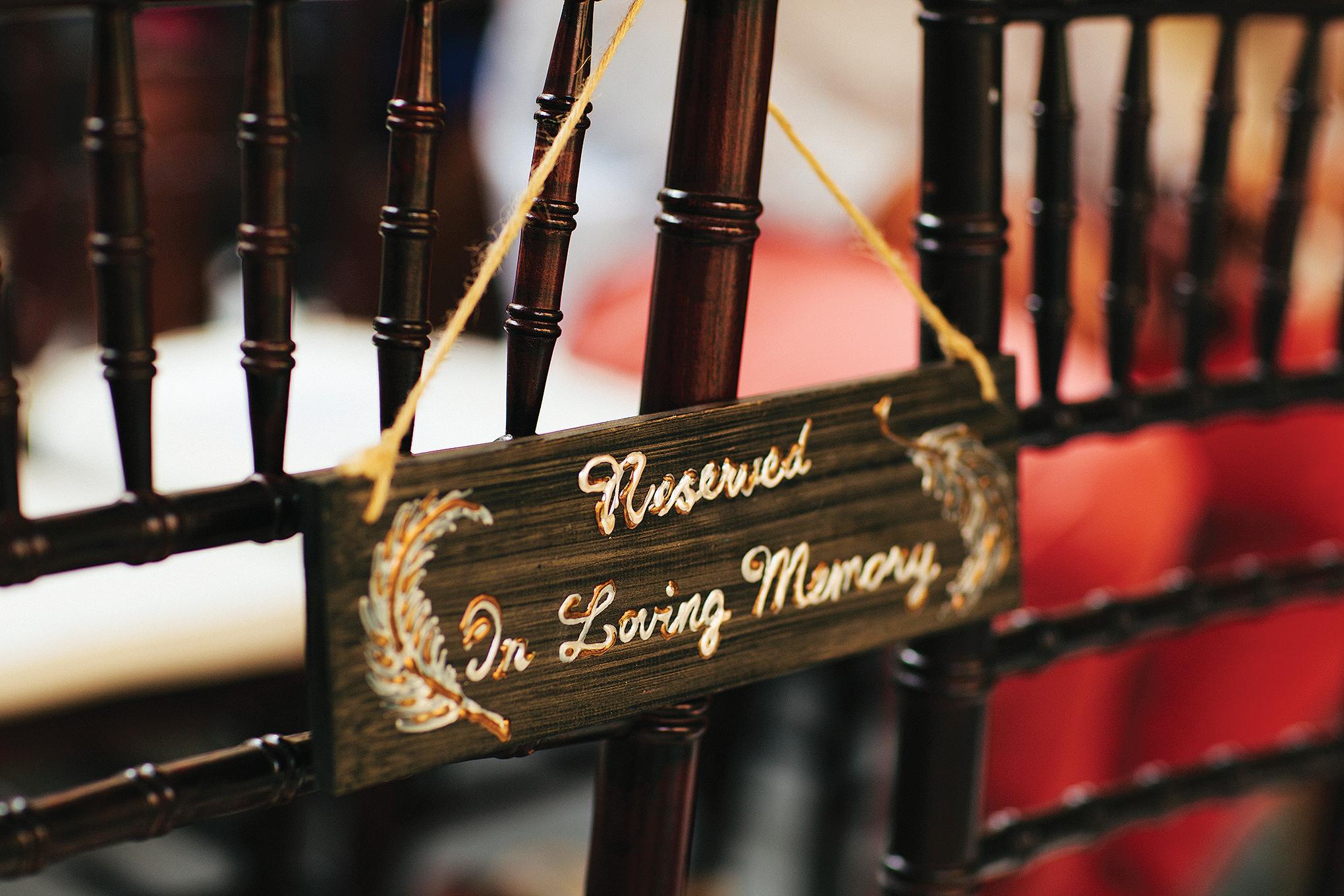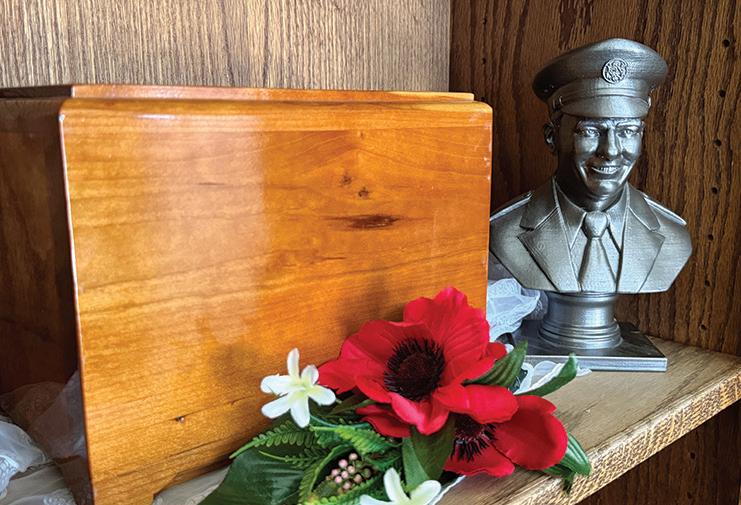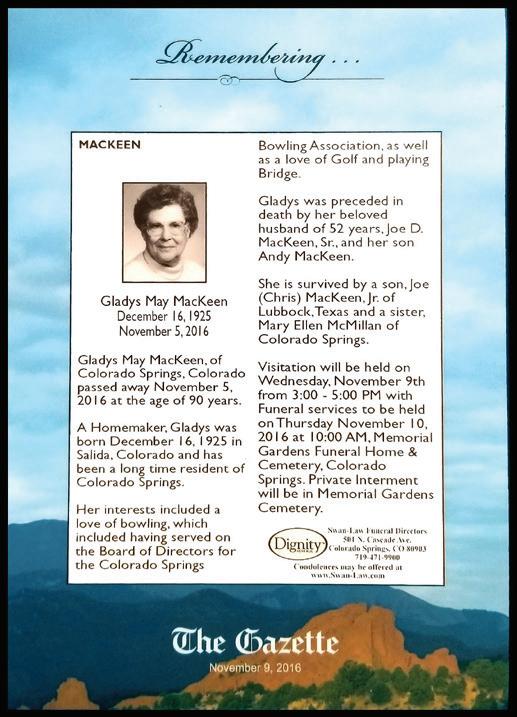During a family’s time of sorrow, we want to reflect on the lives of those who have recently passed. The Gazette offers this special quarterly feature to commemorate and honor those we have lost.
This edition provides a listing of obituaries and memorials placed in The Gazette April 1 – June 30, 2025.
Mary Edyna Adler
Debra Agnew
Wanda Albaugh
Dr. Harry Anderson
Mountain View Funeral & Cremation
Nancy Victoria Anderson
Nila Bader
Ann Marie Beattie
Benner
Janet Berridge
Ronald Dean Bevans
Henry Biernacki
Mitchel Bird
Valorie Jean Blaylock
Jacqueline Bradley
Elizabeth Broadston
Cynthia Broin
Michael Brost
4,
Mountain Memorial Funeral Home
Charles Brown
Brown
Marvin Brown
Scott Brushwein
Leah Burling
James Callahan
Richard Harry Chasteen
Arlyne Marie Clary
Clifford Claus
Karen Clevenger
Marjorie
Margareta Conley
Roberta Daubert
Leslie Davis
Dwight Davison
James
James Desautel
Thomas C. Donovan
Bennie Dowda
Mortuary
Beverley Dunkin
Rich Ela
James Ellis
Duncan Eyre II
Law Funeral Directors
Kenneth Fender
11, 2025 Swan Law Funeral Directors
Todd Flannigan
Richard Folan
Mortuary
Megan Forbes
Schaudt Funeral Service
Robert Foster
Melinee Freeman
Donald Fuhrman
Harry Gautsche
Carolyn Gianarelli
Daniel Giffin
Melody Golden August 21, 1944
June 6, 2025 Swan Law Funeral Directors
Gloria (Olivares) Gordon
Hertha Gordon
Audrey Greene
Leander Gross
Ethan Haile
Lyne Hannan
Ochs Harlan
Carol Hellem
Lucy Durham Holmes
Robert
Rodger
Dwight
Clara Karcich
Doris
Annette
William Bernard Kirwan,
Neil Klockziem
Helene Knapp
David
Lascano
Joshua Lechner
Pearl Locascio
Charles Maerten
James Maguire
Beverly and Jack Mahay February 24, 2025 Messinger In Pinnacle Peak
Sharlene Maris
Barbara McIntire
Marcia Montgomery
Joan Bidwell Muir
Richard Naughton
Kiyoko Nolan
Harlan Ochs
Mortuary
John Odlin
Leroy Padgett
Orlando Padilla
Robert Parker Paige, Jr.
Dewey Parrott
William Pelz
Beverly Petersen
Pollock
Gordon Price
Jean Prud’homme
Ardyce Putnam
Villie Quinton
Mary Reed
Nickolas Remmel
Patricia Rinedollar
Dennis Robbins
Manley Roby, Jr.
Fernando Rodriguez
Benjamin Roina
Eleanor Rutherford
Daniel Santistevan
Howard Schafer
Scheafer
Nancy Schmidt
Wilma K. Sherrett
TSGt. Richard Sherry, USAF, Ret.
2025 Memorial Gardens
CAPT. Glenn Shrader
Palmetto
Jean Kathryn Smith
Eugene Smyth
Thomas Spencer
Gary Steen
Karla Steen
May 15, 2025 Chapel of Memories
Patricia Steffens
Barbara Elaine Stevens
Gary Stiehl
Springs Funeral Services
Susan Bohmer Tyson
Antonio Ulfers
Neil Utz
Olaf Verlo
Linda Visinsky
Rodger Voelker
James Waddle
The Springs Funeral Services
Naomi Walsh June 25, 1936
Walton
Law William Henry Watkins
John Wendt
Elmer Gene Wheeler May 12, 2025
John Whisenant July 20, 1943
June 25, 2025 Sullivan Funeral Home
How to pay homage to dementia care workers
Dementia can affect just about anyone. The World Health Organization says 57 million people had dementia worldwide in 2021, and every year there are nearly 10 million new cases. Dementia can result from a variety of diseases and injuries that affect the brain. Alzheimer’s disease is one of the more prevalent and wellknown types of dementia.
While many people living with dementia may be able to manage on their own for a few years or with somewhat minimal help from family, as the disease progresses, professional assistance likely will be needed. Often those facing a dementia diagnosis will require the services of a skilled nursing facility or memory care unit at some point; otherwise, they may have 24-hour, in-home care from a dementia care professional. Caring for those with
dementia can be rewarding, but it is very taxing. Alzheimer’s San Diego says 35% of Alzheimer’s caregivers report their own health has suffered from their care responsibilities, as caring for someone with dementia takes an emotional toll.
It does not take much to show a dementia care professional that they are appreciated. Here are a few ways to be gracious and honor these compassionate individuals.
• Offer kind words. One of the easiest ways to honor memory care workers is to provide support and offer compliments. Saying, “You’re doing a great job,” or “I could not do this without you” will help the professional feel appreciated.
• Ask how you can help. Dementia care professionals are being paid
for their services, but that does not mean someone cannot pitch in and lend a hand. Offering to sit with the patient so that the worker can take a break for a few minutes or offering to brainstorm solutions to a problem that has come up is an opportunity to share some of the burden that caring for someone with dementia can bring.
• Advocate for care workers. Advocate for policies and programs that provide assistance and resources to dementia caregivers, whether they are professionals or family caregivers. Write to government officials about what more can be done to support these individuals who have very challenging jobs.
• Listen to caregivers. Sometimes listening is the best support a person can offer. Dementia care
professionals may want to share experiences and feelings without any judgment.
• Order food for the staff. Bring food platters, beverages and snacks to long-term care facilities so dementia care workers can grab a treat when they have time to do so. Check with the facility beforehand so they can approve any potential offerings, as there may be rules governing how individuals can show their appreciation to the professionals working there.
Dementia care professionals work long hours and face challenging conditions that are ever evolving as patients’ memories decline. Expressions of gratitude and additional gestures can indicate to these vital workers that their efforts have not gone unnoticed. ❦
Brenda Atkins Wile March 8, 1948 – March 31, 2025
Jarrod Wilkins June 5, 1990 – March 28, 2025 All States Cremation
Richard Willaims October 23, 1935 – March 30, 2025
Dr. C. Williams May 13, 2025
Justin Williams December 10, 1984
April 10, 2025 The Springs Funeral Services
William Wilson, III March 19, 1962
May 1, 2025 Alternative Cremation
Linda Wohlhueter June 19, 1940 – May 18, 2025 Alternative Cremations, LLC
Jeff William Woodruff February 20, 1972 – June 1, 2025 Simply Cremations
Barbara Yalich December 10, 1930 – April 11, 2025
Florela Yancey March 13, 1935 – May 3, 2025 Chapel of Memories
Maris Ann Yeager May 30, 1960 – May 12, 2025
Athena Young May 12, 1936 – May 14, 2025 Evergreen Funeral Home
Love is in the air during wedding season, but financial protection is not. A report from Trust & Will exposes a critical disconnect between love, life milestones, and long-term planning. Despite saying “till death do us part,” 42% of married Americans have no estate plan whatsoever — leaving their spouses and families financially vulnerable.
With over two million weddings expected for 2025 — with 225,000 expected in June alone and well over 600,000 in summer, according to “Here Comes … A Lot of Couples Getting Married,” National Jeweler, June 29, 2022 — the timing couldn’t be more critical. Yet, the survey reveals that even marriage, one of life’s most significant milestones, fails to prompt immediate action on estate planning.
“When I got married, my wife and I realized we had no will, no healthcare directive, nothing. It was a wake-up call,” said Cody Barbo, co-founder and CEO of Trust & Will. “That realization inspired the very foundation of this company. Marriage is about building a life together, and an estate plan is part of securing that life.”
The national survey of 750 Americans (evenly split among single, engaged, and married respondents) uncovered deep gaps in awareness, confidence, and estate planning behavior.
THE PROCRASTINATION PROBLEM
• While married individuals are nearly four times more likely than engaged couples to have a will (44% vs. 12%), nearly half still have no estate plan at all.
• Of those who do plan, 30% waited nine years or more after marriage to act; 38% of engaged respondents say marriage motivated them to consider estate planning.
• Only 19% of married couples create an estate plan within their first four years together.
OVERCOMING THE ENGAGEMENT DISCONNECT
• Thirty-eight percent of engaged couples say marriage motivates them to consider estate planning, but only 12% actually have a will.
• Fifty percent admit they lack basic estate planning knowledge.
• Only 15% have a healthcare directive, and 9% do not know what one is.
• Thirty-seven percent have not even considered naming an executor or trustee for their estate.
THE GENDER AND GENERATIONAL DIVIDE
• Millennials and Gen Z show strong intent (40%+ plan to create estate
• Men are three times more likely to have a trust than women.
• Women are more likely to feel overwhelmed by estate planning and 38% more likely to feel financially insecure.
Despite 67% of respondents citing “being overwhelmed” as their primary barrier, estate planning can be completed in hours. Without planning, surviving spouses can face:
• A lengthy and expensive probate process.
“When I got married, my wife and I realized we had no will, no healthcare directive, nothing. It was a wake-up call.”
— Cody Barbo, co-founder and CEO of Trust & Will
• Disputes among family members over assets.
• Potential tax issues.
“A wedding is more than a celebration, it’s a pledge to protect one another,” said Barbo. “Creating an estate plan is one of the most meaningful expressions of love. It offers your partner peace of mind, security, and the clarity that comes from knowing your wishes are understood and honored.” Visit trustandwill.com/learn/americanestate-planning-gap-study-2025 to read the full report. ❦
THINGS FUNERAL DIRECTORS WISH EVERYONE KNEW
Most people do not want to think about death — let alone talk about it. When the time comes, families often find themselves overwhelmed, not only by grief but by the many decisions that need to be made quickly.
Funeral directors witness this every day. They see the stress and confusion that can come when there is no plan in place and the peace of mind that comes with thoughtful preparation.
After consulting funeral directors nationwide, the National Funeral Directors Association uncovered five things they wish families knew before a death occurs.
1. IT IS NEVER TOO EARLY TO START PLANNING
While everyone knows death and taxes are inevitable, conversations about death are often avoided.
Simply documenting your wishes and discussing your preferences with your family can alleviate the difficult decisions your loved ones will have to make in the future. Speak with a funeral director to explore the many options for planning a meaningful funeral.
2. LEGAL AND FINANCIAL DETAILS CAN CAUSE UNEXPECTED ISSUES
Families often do not realize power of attorney ends at death, meaning a designated person can no longer make decisions or access bank accounts once an individual dies.
To avoid complications, consider adding a trusted loved one to your bank account and ensure life insurance beneficiaries are up to date. Too often, deceased individuals leave minor children, deceased spouses or former partners as beneficiaries, leading to legal and financial challenges.
3. FINAL WISHES SHOULD NOT BE IN YOUR WILL
Many people believe the best place to document their final wishes is in their will. However, wills are often not
read until after funeral services take place, making them an unreliable way to communicate last requests. Instead, discuss and document your wishes with family members or a trusted funeral professional who can keep your wishes on file until there is a need.
4. THERE ARE A VARIETY OF MEMORIALIZATION OPTIONS
End-of-life planning offers more choices than many realize. While burial remains a common preference, cremation is an increasingly popular choice and can even include a viewing and funeral service. Additionally, eco-friendly options, such as alkaline hydrolysis, natural burial and natural organic reduction are becoming more widely available for those seeking green memorialization. In fact, according to Awareness and Preferences Study, 68% of respondents expressed interest in green funeral options.
Exploring these possibilities with a funeral professional can help ensure your final arrangements reflect your values, traditions and personal wishes.
5. FUNERAL DIRECTORS DO NOT JUST MANAGE FUNERALS — THEY ARE TRUSTED GUIDES IN HONORING LIFE
Funeral directors play a vital role in helping families create meaningful services that reflect their loved one’s life, values and traditions. Whether planning ahead or facing a recent loss, funeral professionals provide expertise, compassionate care and personalized guidance during one of life’s most difficult moments.
Choosing the right funeral director is an important decision and finding someone who understands your needs can make all the difference in honoring your loved one in a personal and meaningful way.
Start the conversation today by talking about end-of-life planning. It is not easy, but it is one of the most important conversations.
Remember loved ones at a wedding
Couples who have lost loved ones in recent years, whether it is parents, grandparents, close friends, or siblings may find their happiness mixing with feelings of loss. It can be challenging to fully celebrate in the absence of a beloved loved one who was supposed to be there joining in the happiness.
Responding to feelings of grief and loss on a wedding day can be challenging, but there are ways couples can pay homage to late loved ones during wedding celebrations to make the loss a little easier to bear. Here are different ways to remember the special people who are there in spirit.
• Save a seat. Reserve a seat at the ceremony and reception with a small placard that reads something along the lines of “In loving memory of the mother of the bride. She is forever present in our hearts.”
• Include a note. Include an In Memoriam note in the wedding program with special words about the person who is missed.
• Light a candle during the ceremony. The officiant can say a few words and
invite someone to light a candle in honor of a late relative or friend.
• Carry a special memento that represents a deceased loved one. Wear a dress, piece of jewelry or pair of cufflinks, or have a small souvenir like an embroidered handkerchief in the bouquet or pocket of a tuxedo.
• Toast with a drink.
at a reception is livelier than during a ceremony. Offer a toast to the person who is missed or serve their favorite food at the buffet.
• Play a special song. loved one would have been featured in a signature dance, like the father/ daughter, mother/son traditions, play a song that was meaningful to that person and enlist someone to stand in for them.
• Request donations. table and make mention of the person’s favorite charity. Ask guests to donate in the loved one’s honor.
Remembering a special person who has passed on at a wedding can ensure that individual is honored and included in the big day. ❦
When you place an obituary notice or celebration of life in The Gazette, you may order a special keepsake to remember your loved one. This beautiful handmade plaque is composed of the obituary and the name of our newspaper, along with a beautiful graphic. Bookmarks are also available. For additional memorial options, please call 719-636-0101
The Gazette accepts obituaries, death notices, celebrations of life, service information and life tributes as paid notices. The deadline is 2 p.m. Monday – Friday for the next day’s publication; 3 p.m. Friday for Sunday and Monday publication.
Notices may be sent by email to obits@gazette.com or submitted at placead.gazette.com/adportal/gaz-obits/index.html or submitted by mail to:
The Gazette Obituaries/Celebrations of Life Desk 30 East Pikes Peak Avenue, Suite 100 Colorado Springs, CO 80903
If you need further assistance, please call 719-636-0101.


